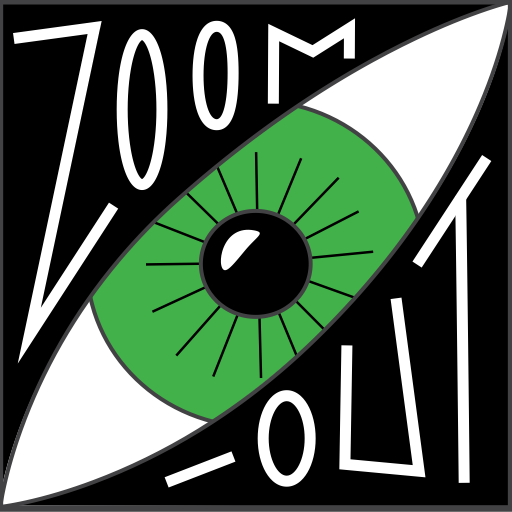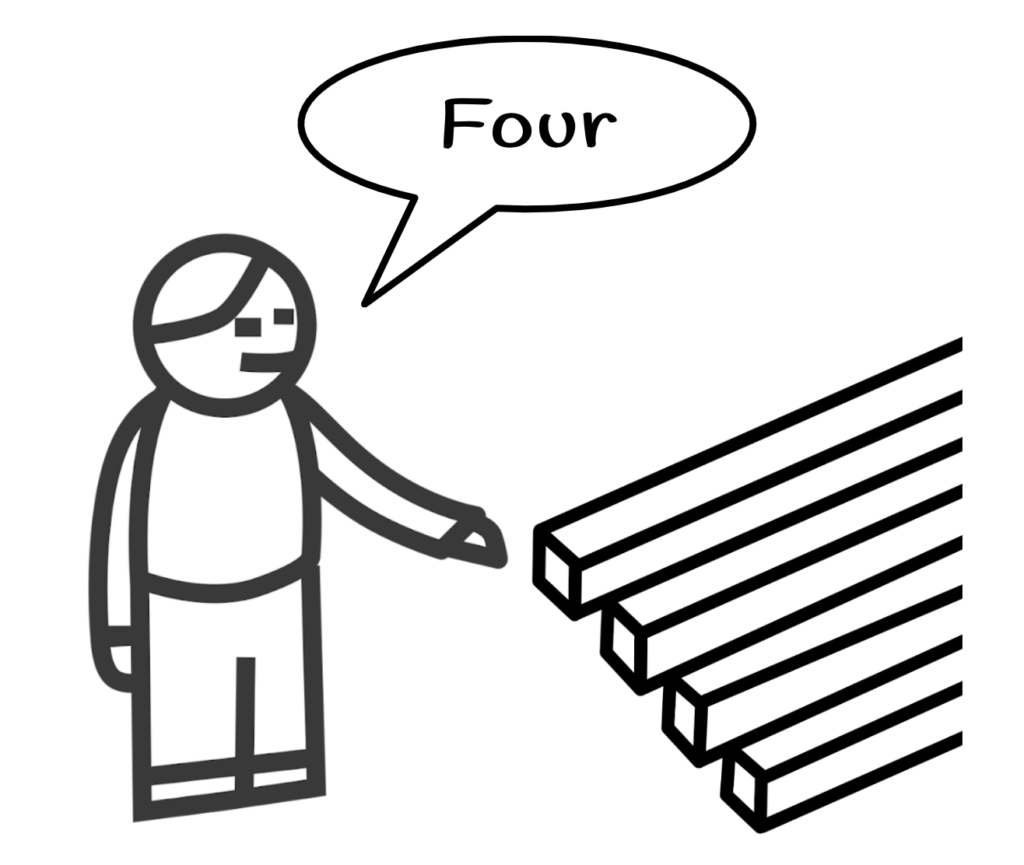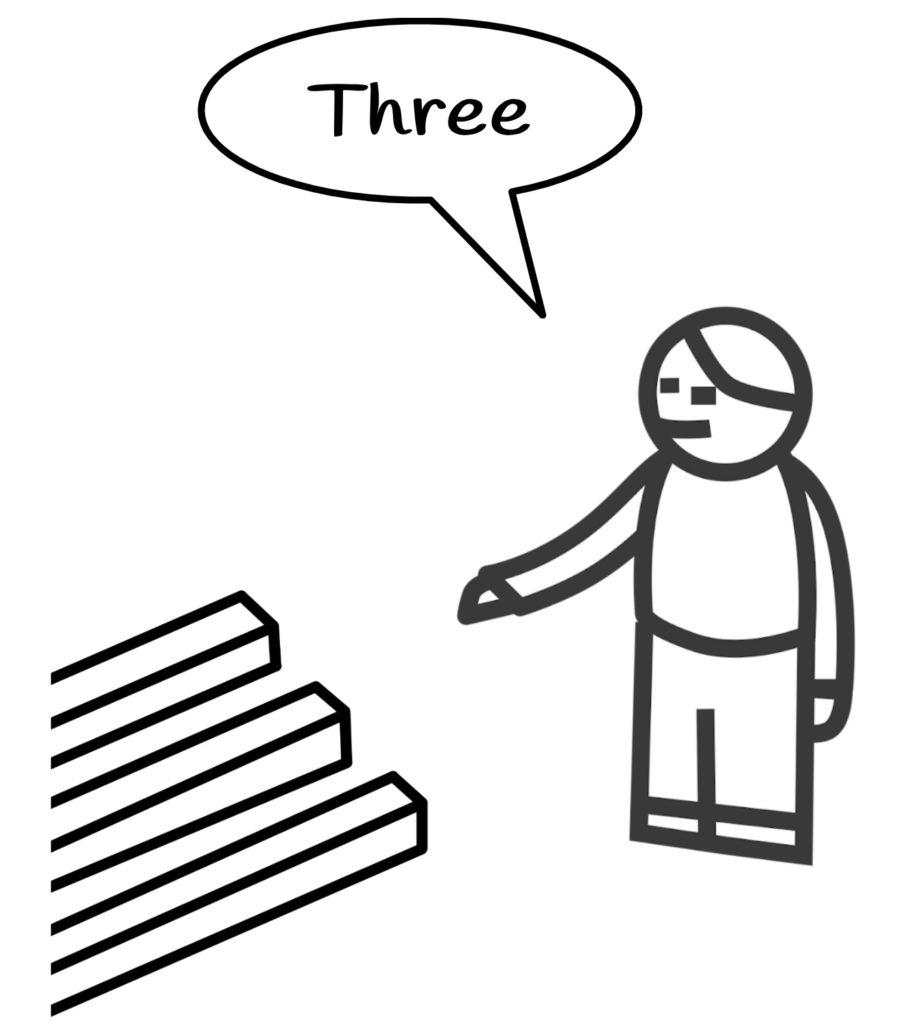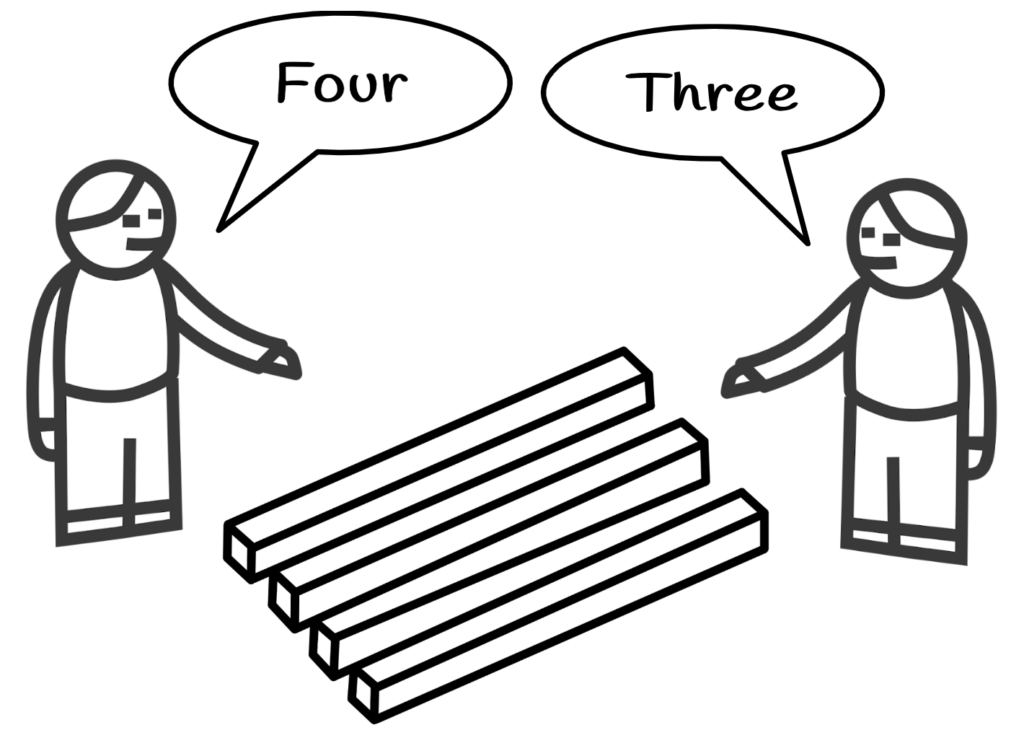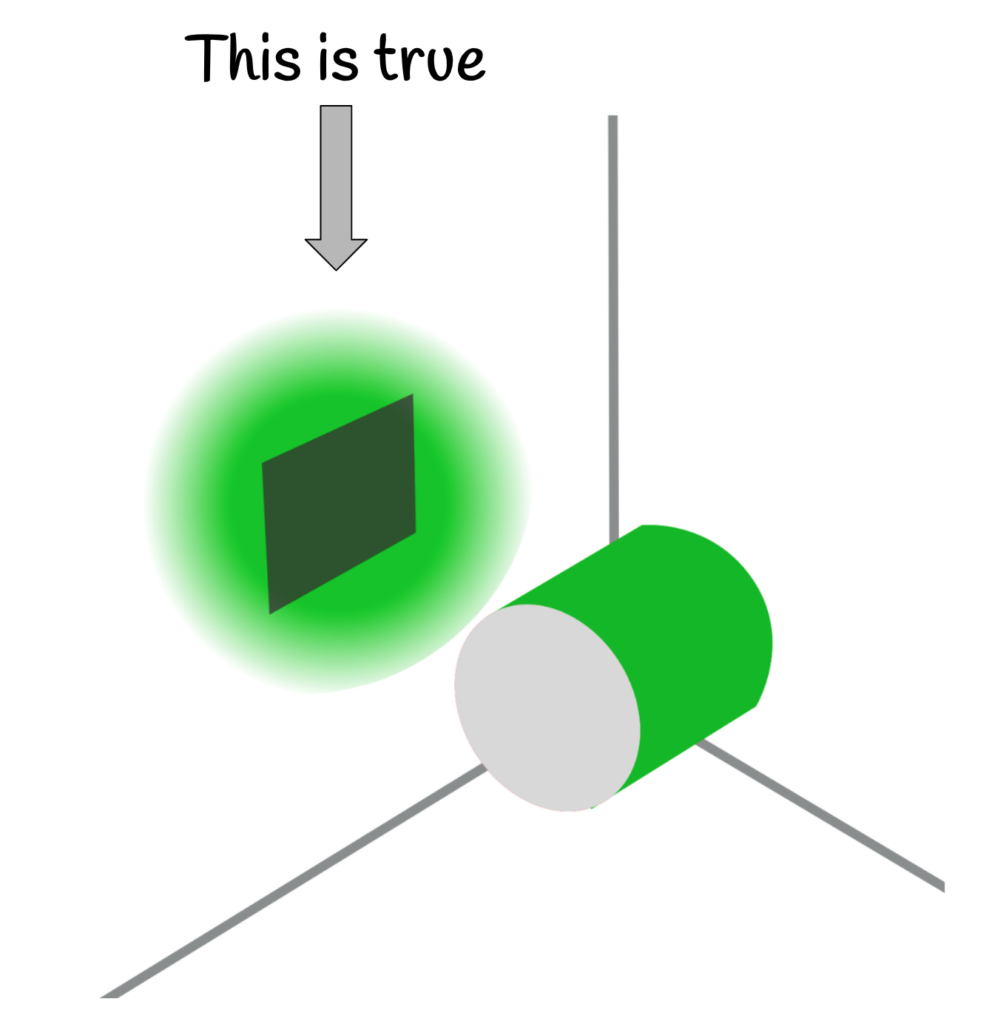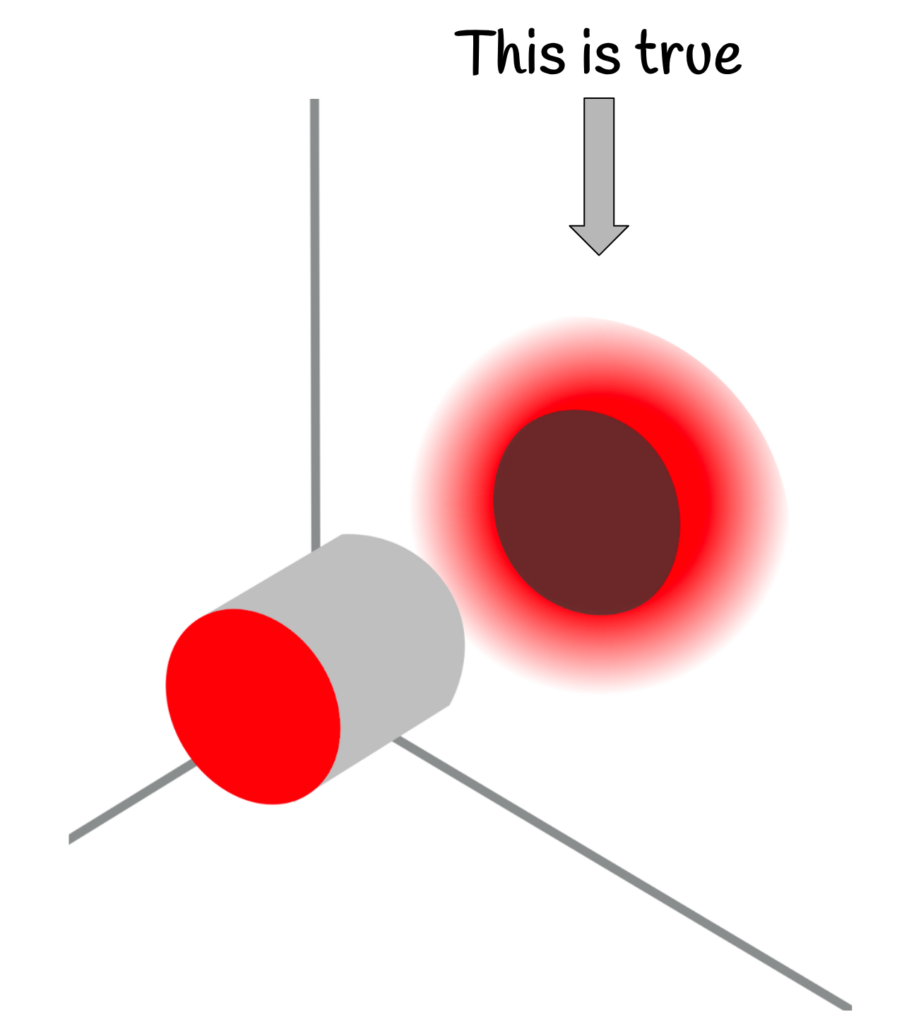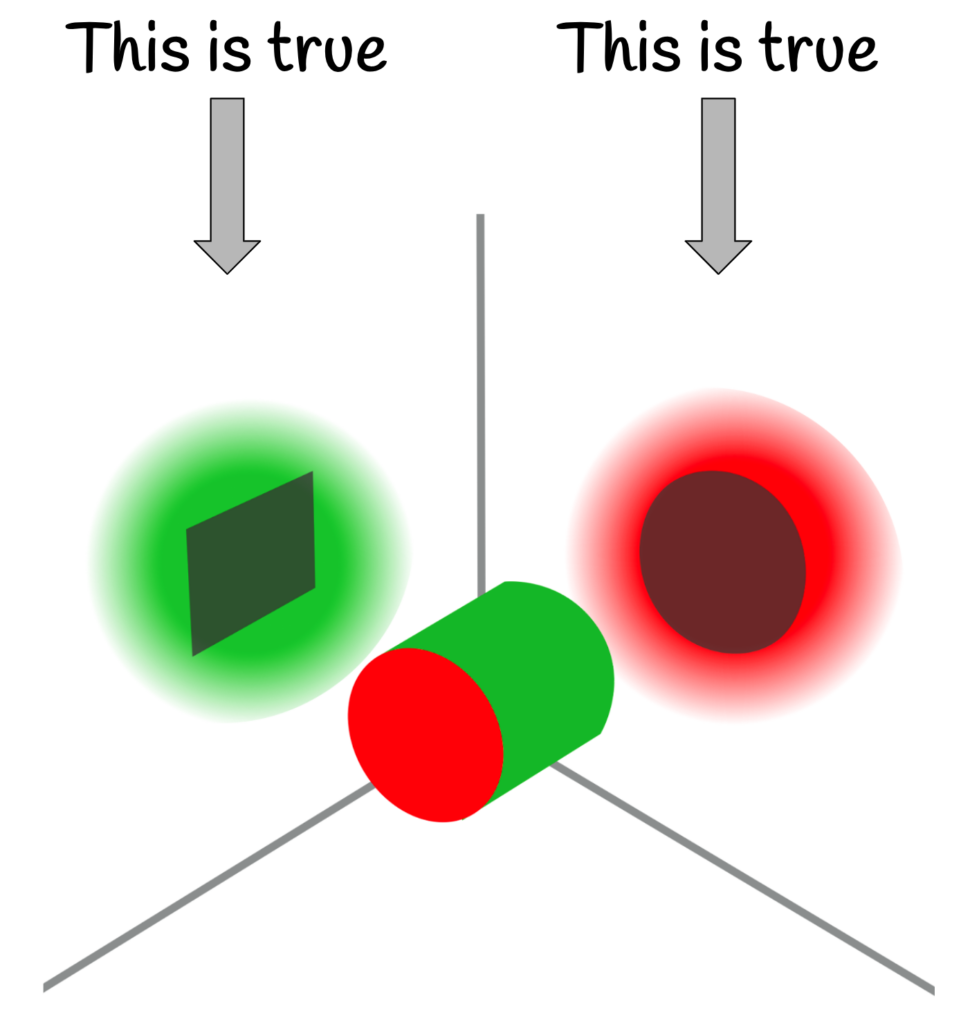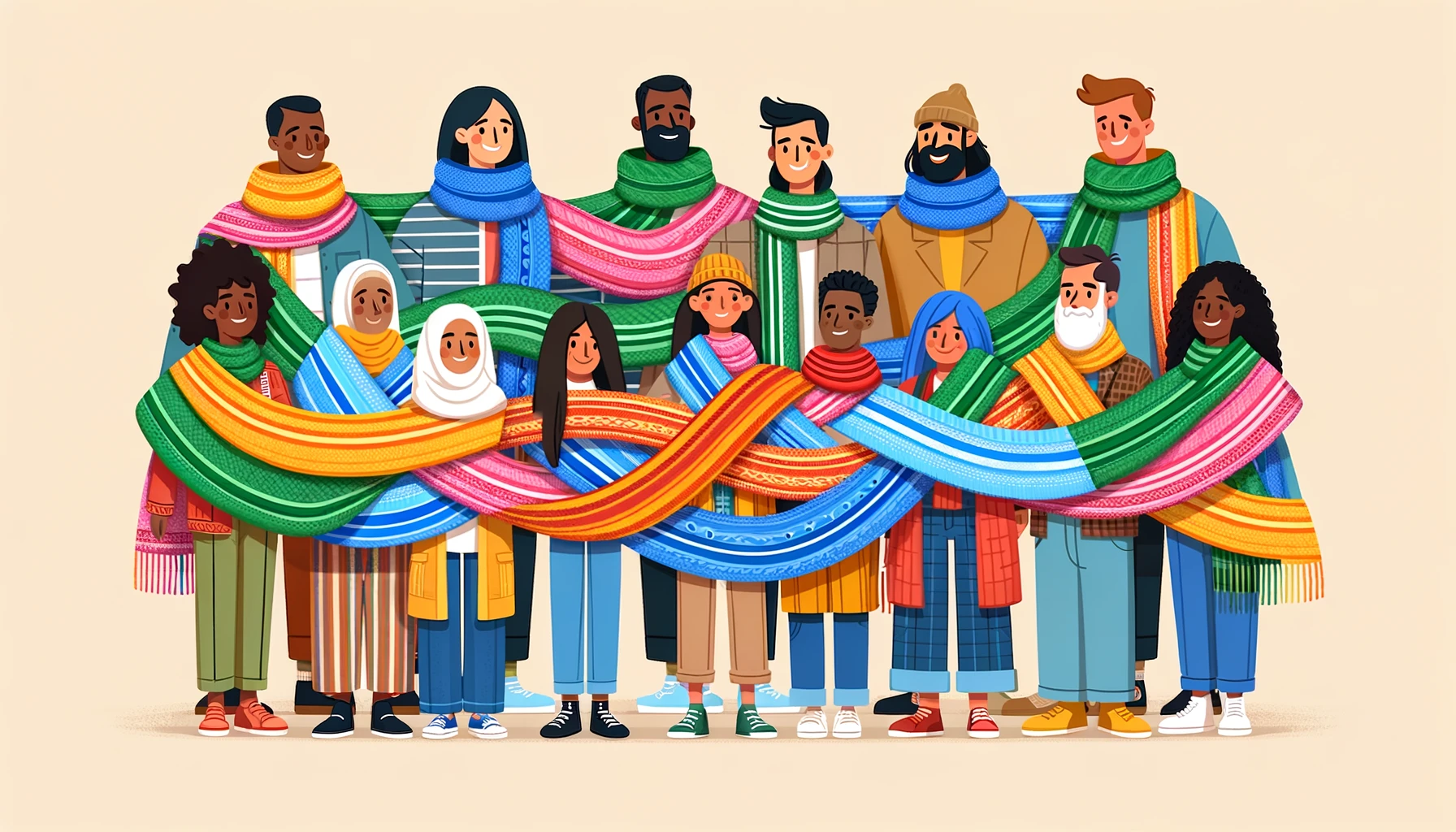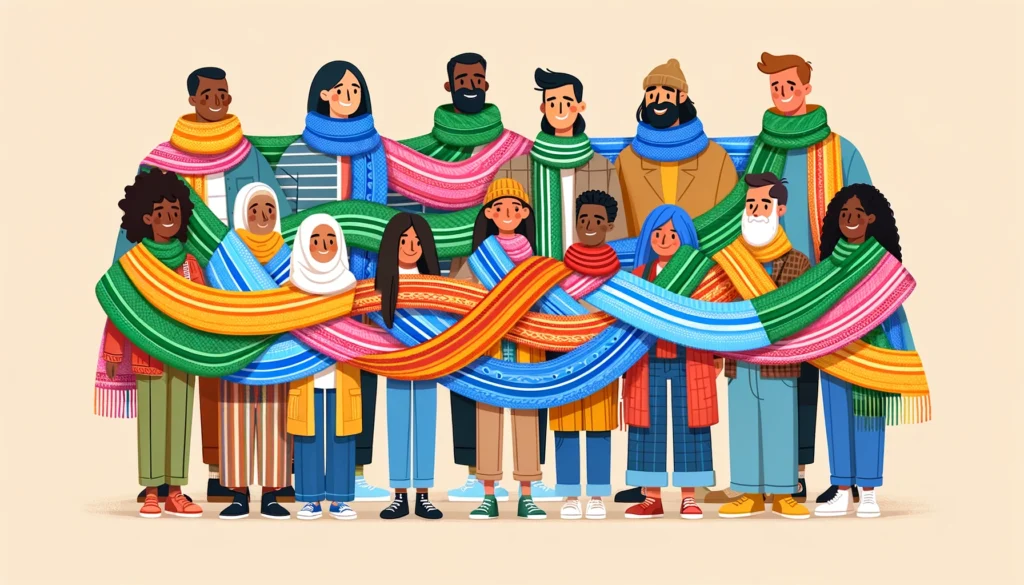
Every minute spent comparing yourself to someone else is a minute stolen from building your best life.
I used to be in a long-haired grunge band. We all had long hair, but all the band members were built like stick insects, like some of our heroes, such as Iggy Pop, David Bowie, Pete Murphy and Nick Cave.
All of them except me!
I was built like a rugby player, which was actually what I was.
I was envious of my fellow bandmates and felt less attractive and inferior to them as a result. Years later, it was pointed out to me that some people would love to have my physique!
I realised how foolish I had been.
After one of my Zoom-Out workshops, I spoke with a lady who said she had always been envious of her cousin’s long blonde hair and blue eyes. She told me how she was hanging out with her cousin years later and revealed this fact to her, to which she responded, “You were envious of me? I’ve always been envious of you! With your thick curly hair and big brown eyes!”.
Two people locked in a “comparison duel” for years only to have its futility and hilarity brought into vivid, sharp focus.
These two examples have highlighted that comparing yourself to others is wasteful and foolish. But there are three much more powerful reasons for quitting the comparison game.
#1 Comparison diminishes you
If I compared my bicycle to someone else’s garden shed, I may end up thinking:
- They can store loads of stuff in there; my bike can only store a bottle’s worth of water and a puncture repair kit — my bike is rubbish!
See what I did there? I reduced my bike to a storage device.
Utterly zooming in on that trait and assessing the worth of my bike in that context.
Now you may be thinking that’s not a reasonable comparison. I would compare my bike to someone else’s bike?
Well, when it comes to human lives, they are incredibly diverse. Every human life is different, not just a little bit, but a lot!
Is it reasonable to compare one person to another? Just consider someone you may have been comparing yourself to and consider how different you are. Is it any less rational than comparing a bike to a garden shed?
Are you reducing yourself to a single aspect of them?
DO THIS INSTEAD: Be curious and be inspired by others — not diminished by them.
#2 Comparison is a rejection of you
In the thought experiment of comparing my bike to a garden shed, the outcome can be worse than concluding that my bike is rubbish!
Worse still, it may end up in rejection:
- My bike is terrible; I need to get rid of it.
So, you reject yourself through that comparative lens whenever you compare yourself unfavourably.
No one else is rejecting you. Only you!
Don’t do it!
DO THIS INSTEAD: Love yourself unconditionally as you would a best friend or one of your children.
#3 Comparison can make you miserable
Ever noticed how we lean towards comparing ourselves with people we perceive as more fortunate than us rather than those less fortunate?
This can trigger negative emotions of envy and even self-pity.
“Comparison is the thief of joy” — Theodore Roosevelt
DO THIS INSTEAD: Focus on gratitude! If you get drawn into comparing yourself to someone more fortunate, balance the equation by comparing yourself with the myriad of less fortunate people.
BETTER STILL: Break the habit of comparing yourself to others completely and focus on gratitude instead. Gratitude for all you are and all you have, right here and now. No conditions.
SUMMARY
Embrace your own uniqueness!
Don’t judge yourself through the lens of other people!
Don’t judge yourself by where other people are on their unique road of life.
Forge your own unique path, and don’t let what other people are doing or have ever get in the way of that!
Love yourself and be grateful for what you have and who you are!
“Hike your own hike” — motto of hikers of the Appalachian trail
